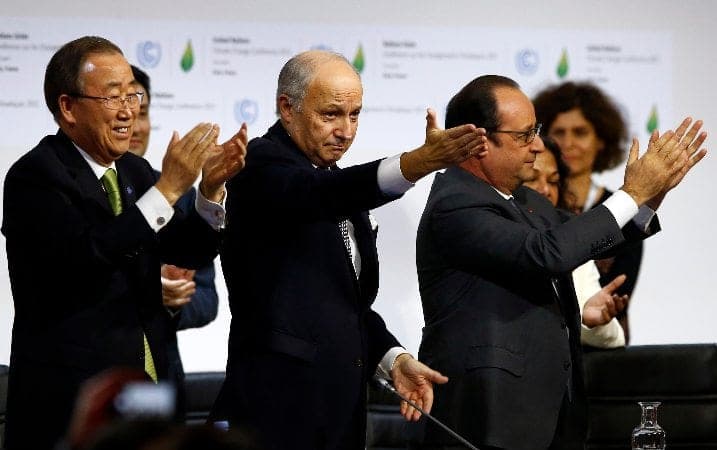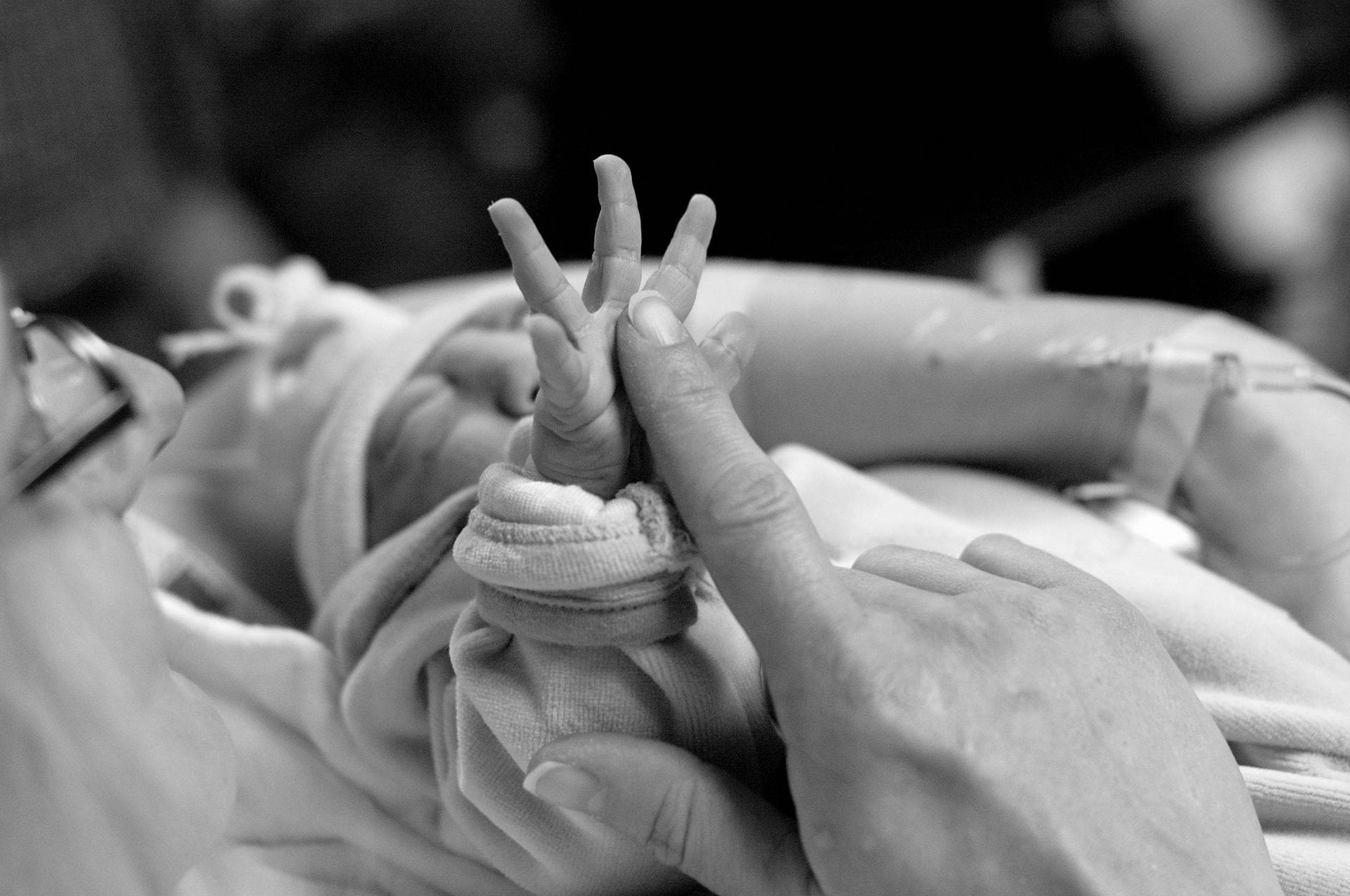ROME — Pope Francis on Sunday praised what he called an “historic” agreement reached at a United Nations climate change summit in Paris and called for a global commitment to implement it, including special attention to the poorest populations.
“Its implementation will require unanimous commitment and generous dedication by everyone,” the pontiff said after his weekly Angelus prayer in St. Peter’s Square. He urged the international community to “pay special attention to the most vulnerable populations” and “to carefully follow the road ahead, and with an ever-growing sense of solidarity.”
The goal of the deal signed by 195 nations during what was known as the COP21 summit is to cut global greenhouse gas emissions by about half of what will be necessary to stave off an increase in atmospheric temperatures of 2 degrees Celsius or 3.6 degrees Fahrenheit. According to The New York Times, that is the point at which, scientific studies have concluded, the world will be locked into a future of devastating consequences, including rising sea levels, severe droughts and flooding, widespread food and water shortages, and more destructive storms.
It’s partly legally binding and partly voluntary, and will take effect in 2020.
Pope Francis has made the fight against climate change one of the cornerstones of his papacy. Last June, he released an encyclical, Laudato Si’, that reflected on the need to protect “our common home” and stop global warming.
That document, the first encyclical dedicated to the issue, wasn’t the last time the Argentine pontiff referred to climate change and global warming.
In November, just days before the opening of the Nov. 30 – Dec. 11 Paris summit, Francis had said that a failure of the COP21 meeting would be “catastrophic.”
“It would be sad, and I dare say even catastrophic, were particular interests to prevail over the common good and lead to manipulating information in order to protect their own plans and projects,” the pope said at the headquarters of the UN Environment Program in Nairobi, Kenya.
Last September, talking at the largest gathering of world leaders in UN history in New York, he blamed environmental degradation on “a selfish and boundless thirst for power and material prosperity” that causes untold suffering for the poor who “are cast off by society.”
As the Paris summit wrapped up, some observers believed that Francis’ efforts had an effect on the outcome.
Alison Doig with the UK-based group Christian Aid, who was in Paris monitoring the talks, told Vatican Radio on Dec. 11 that the pope’s role had been “transformative” in mobilizing religious support for stronger environmental protection.
Francis’ concerns follow those of his predecessor, Benedict XVI, who was labeled the “green pope” for his environmental teaching and advocacy. Benedict was responsible, among other things, for the installation of solar panels atop the Vatican’s Paul VI audience hall to help reduce the carbon footprint of the world’s smallest state.















